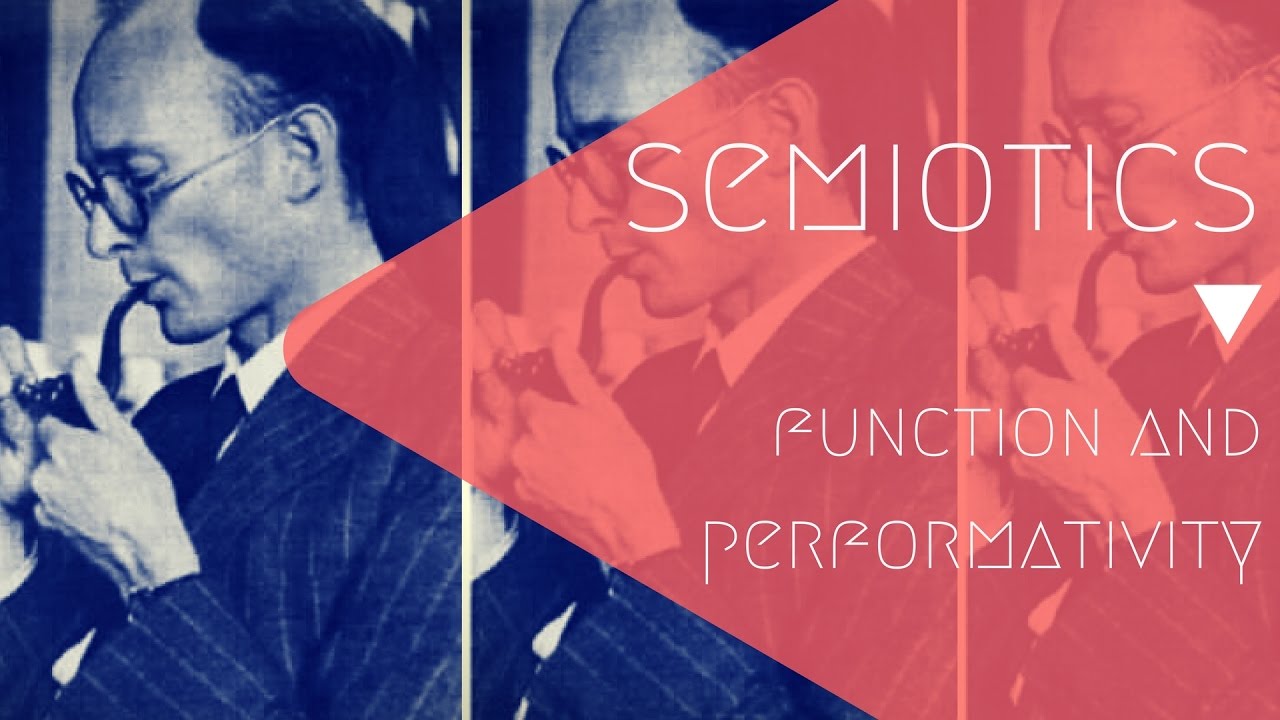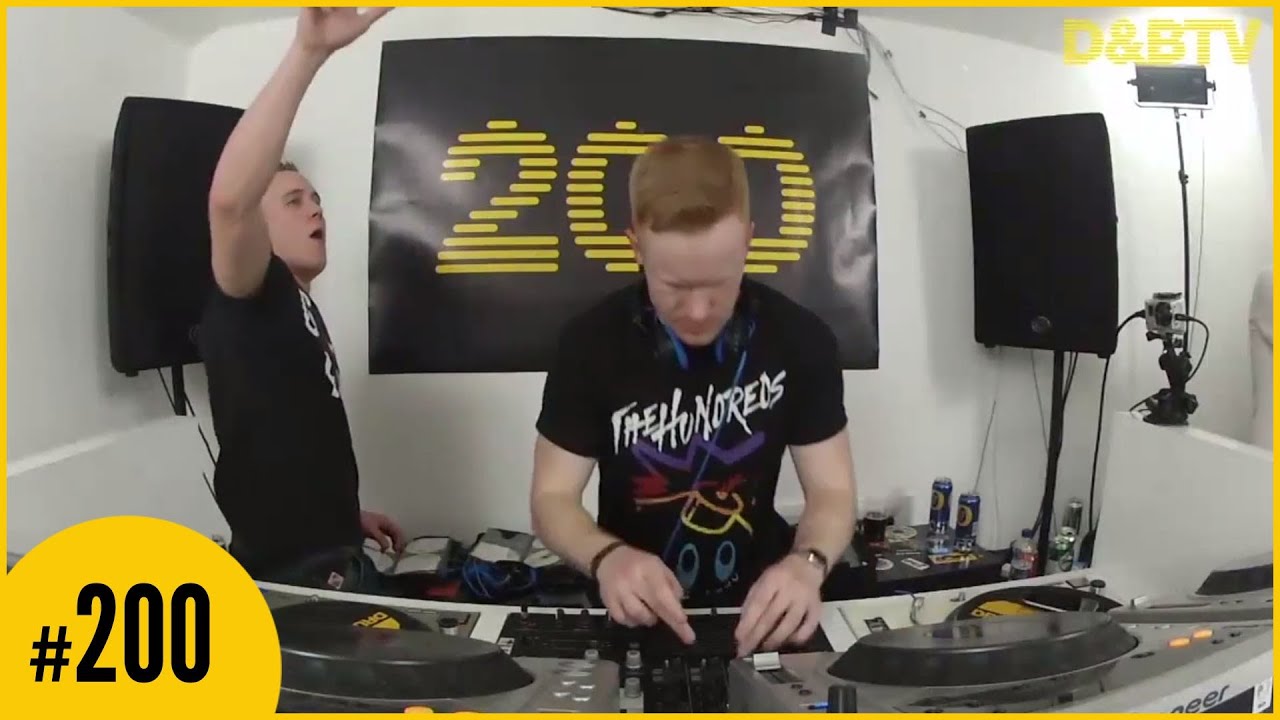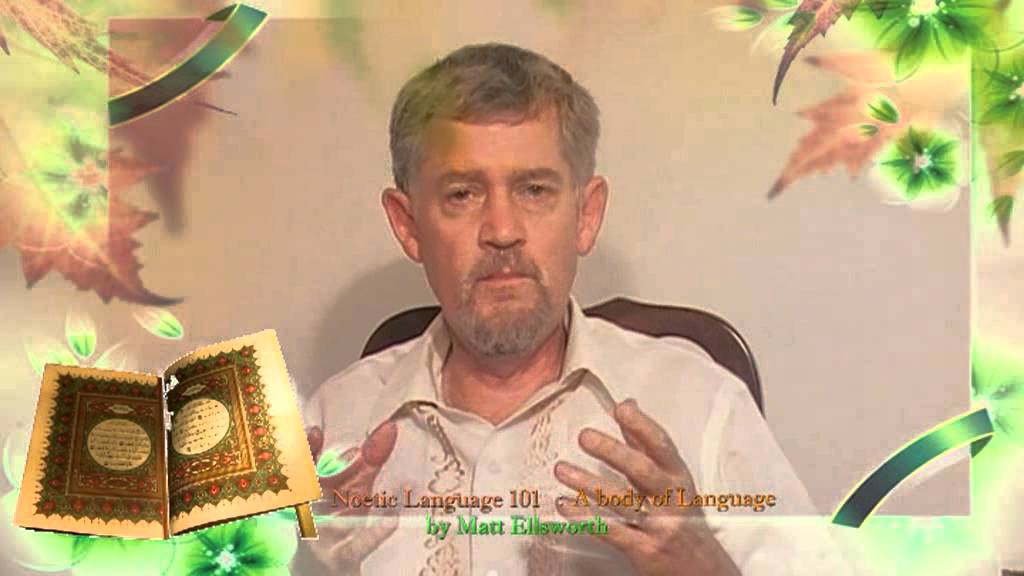Electric Didact
In which we cap off our introductory discussion of semiotics with the idea that language DOES stuff in addition to MEANING things. Case in point: all teh trollz.
Part 3 of a 3-part series of vlogs looking into how language and meaning function.
Part 1: https://www.youtube.com/watch?v=IizL7YwZVDI
Part 2: https://www.youtube.com/watch?v=DMoG-7R-UDY
###
Twitter: https://twitter.com/electricdidact
Reddit: https://www.reddit.com/r/electricdidact
Blog/Author Site: https://electricdidact.wordpress.com/
Follow @TheLitCritGuy on Twitter: https://twitter.com/TheLitCritGuy?ref_src=twsrc%5Egoogle%7Ctwcamp%5Eserp%7Ctwgr%5Eauthor
TheLitCritGuy’s website: https://thelitcritguy.com/
###
Works Cited:
J.L. Austin, How to Do Things with Words, Clarendon Press, 1962
Laura M. Ahearn, Living Language: An Introduction to Linguistic Anthropology, Wiley-Blackwell, 2012
TEDx Talks, Why study villains, scoundrels, and rule breakers? Whitney Phillips at TEDxCCS, Dec. 19, 2013 (https://www.youtube.com/watch?v=FAubx3BBgLk)
Rachel Barney, “(Aristotle), On Trolling,” Journal of the American Philosophical Association, Summer 2016 (http://journals.cambridge.org/action/displayAbstract?fromPage=online&aid=10413837&fileId=S2053447716000099)
SEE ALSO:
Whitney Phillips, “We’re the reason we can’t have nice things on the internet,” Quartz, Dec. 29, 2015 (http://qz.com/582113/were-the-reason-we-cant-have-nice-things-online/)
Louis Hébert, “The Functions of Language,” Signo, 2011 (http://www.signosemio.com/jakobson/functions-of-language.asp)
Gretchen McCulloch, “A Linguist Explains How We Write Sarcasm on the Internet,” The Toast, June 22, 2015 (http://the-toast.net/2015/06/22/a-linguist-explains-how-we-write-sarcasm-on-the-internet/?platform=hootsuite)
Sara Ahmed, “Declarations of Whiteness: The Non-Performativity of Anti-Racism,” Borderlands, Vol. 3, No. 2, 2004 (http://www.borderlands.net.au/vol3no2_2004/ahmed_declarations.htm)
Michele Zappavigna, “Searchable talk: The linguistic functions of hashtags in tweets about Schapelle Corby,” Global Media Journal, Vol. 9, No. 2, 2015 (http://www.hca.westernsydney.edu.au/gmjau/?p=1762)
###
Assets:
J.L. Austin (http://hilobrow.com/2014/03/26/j-l-austin/)
Roman Jakobson (http://alchetron.com/Roman-Jakobson-1306120-W#-)
Promise (http://www.thewire.com/politics/2013/01/obama-oath-of-office-2013/61226/)
Naming (http://www.simpsonsworld.com/)
Sorry (http://wifflegif.com/)
Forgive (http://giphy.com/gifs/doctorwho-doctor-who-david-tennant-forgive-8ggVeQfq7X33y
###
Music:
Kai Engel, “Something,” Chapter Two / Mild, CC-BY-4.0 (http://freemusicarchive.org/music/Kai_Engel/Chapter_Two__Mild/Kai_Engel_-_Chapter_Two_-_Mild_-_09_Something_Bonus_Track) .(tagsToTranslate)for the lolz(t)trolling(t)troll(t)trolls(t)language(t)performance(t)performative(t)performativity(t)multifunctionality(t)functions(t)rhetoric(t)semiotics(t)semiotic(t)semiology(t)J.L. Austin(t)Roman Jakobson(t)expressive(t)conative(t)referential(t)poetic(t)phatic(t)metalinguistic(t)speech(t)speech act(t)utterance(t)philosophy(t)linguistics(t)theory(t)literary(t)Whitney Phillips(t)TEDx(t)TED(t)talk(t)Rachel Barney(t)Aristotle(t)promise(t)forgive(t)apologize(t)marriage(t)wedding(t)vows(t)social media(t)social(t)internet(t)culture(t)TheLitCritGuy(t)do things with words




Trolls… that feeling you get when you see a troll making a mess of a discussion… what is their motivation? there are some trolls who are just trolls, or maybe we can call them clueless and oblivious, and then there are other trolls who make fun of trolls and non-trolls by faking being a troll, which may be even worse, purposeful manipulation. And for what, for fun? eeeeeevilll… actually i guess that a troll is inherently the second type and the first type isn't a troll… nevermind haha
I feel like your definition of "trolling" is both too expansive and not expansive enough. There are different types of trolling, like "concern trolling." The trait that is universal to trolling arguments is bad faith, the trolls are more concerned with being disruptive than with contributing to a coalescing climax of the discussion (either in opposition to or support of the original premise of the discussion). My concern here is that using the methodology of the act of trolling in the definition itself makes things confusing when when trying to identify trolling that exhibits new or different methodologies.
I have seen academics trolling after they have finished the research project. Suddenly objectivity is their excuse to attack a community!